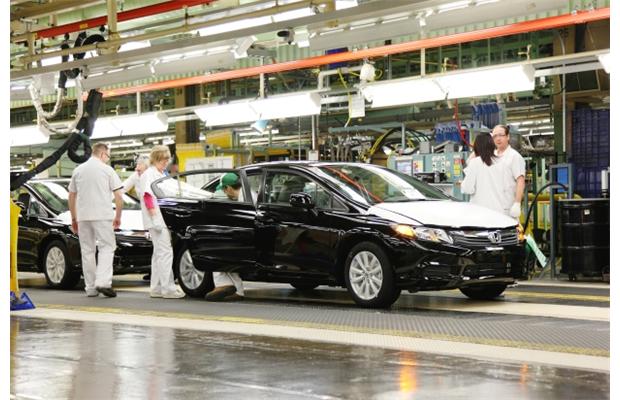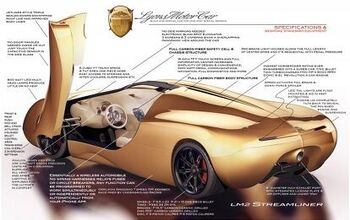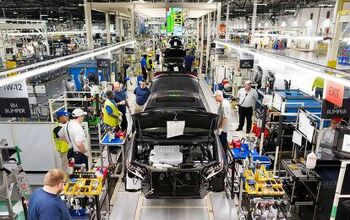Editorial: A Tale Of Two Cities
Two weeks ago, residents of the Windsor, Ontario region learned that Ford would not be bringing a new engine program to the two Ford assembly plants in the area. Although the small engine program was a long-shot from the start ( it had apparently been destined for Mexico, but union officials tried to “steal it away”), news reports and enthusiastic publicity campaigns from union head Jerry Dias had given the impression that the new engine deal was all but sewn up. For residents of the auto-dependent city, with an unemployment rate of 8.9 percent (compared to 6.5 percent nationally), the decision was a blow to their collective morale.
A few hundred miles away, the stage was being set for an announcement by Honda Canada. A small car program would be coming to their plant in Alliston, north of Toronto, worth $857 million (CAD). The government would contribute about 10 percent of that. In return for the government grant,
While no new jobs will be created from this investment, it does safeguard the future of Alliston for a considerable amount of time. The Honda announcement also embodies two trends at play in Canada. The first is that big subsidies for auto manufacturing plants are on the decline for now. Ford’s small engine plant was apparently hobbled by a “big ask” from the Blue Oval. Honda’s grant, at around $85 million, is relatively small. Chrysler got nothing during their most recent attempt to get governments to chip in for a revamped Windsor minivan plant. In the end, they went ahead with Windsor anyways. Many in the pro-union camp argue that generous subsidies are the only way to attract auto investment and compete with the Southern United States and Mexico, who are keen to throw money at any auto assembly plant coming their way.
But the past year has seen Canada go from “ the most expensive place to build a car” to a jurisdiction with a currency that now sits at roughly 10-15 percent lower than the U.S. dollar. This reduces labor costs while making exports more competitive for Canada, while reducing the outright need for generous government “investment” (though don’t think that will stop auto makers from trying). What was once considered a dying sector propped up by government cash now appears to have a future. Sort of.
GM is still almost certain to pull out of Oshawa in 2016, once their obligation to the Canadian government runs out. Ontario has also failed to attract a brand-new assembly plant since Toyota opened their Woodstock plant roughly a decade ago. But Ford has invested nearly $1 billion in the Oakville plant that produces the Edge, and Toyota is going to start producing the Lexus RX in Cambridge. Chrysler will not only build the next-generation minivan in Windsor, but its Brampton plant will likely crank out the 300, Charger and Challenger until the end of the decade.
For a stretch of time, Ontario looked to be the next Australia, with its auto manufacturing sector driven out by exorbitant costs (some of them related to a commodity-driven economy). But for now, things appear to be on the up.
More by Derek Kreindler
Latest Car Reviews
Read moreLatest Product Reviews
Read moreRecent Comments
- V8-1 Go hybrid and wait for Toyota to finish its hydrogen engine and generator/separator.
- Poltergeist I expect this will go over about as well as the CR-Z did 15 years ago.
- Michael S6 Welcome redesign from painfully ugly to I may learn to live with this. Too bad that we don't have a front license plate in Michigan.
- Kjhkjlhkjhkljh kljhjkhjklhkjh A prelude is a bad idea. There is already Acura with all the weird sport trims. This will not make back it's R&D money.
- Analoggrotto I don't see a red car here, how blazing stupid are you people?


































Comments
Join the conversation
Canada is probably just gun-shy about giving money to car companies after the Bricklin fiasco.
Good news for our neighbors to the Great White North. When oil prices are down, US car sales tend to be up, and the loonie tends to be down. All this is happening, and the future for the Canadian motor vehicle manufacturing business looks pretty good for the next business cycle. Over a very long period all industries migrate as they mature. The New England, Swiss, Belgian and English textile and apparel industries are all long gone. The motor vehicle industry around the Great Lakes is still huge, but imo, its long term prospects are only fair.